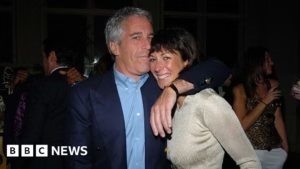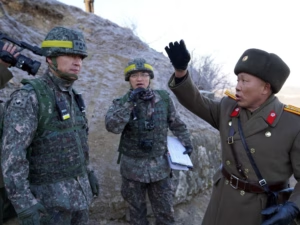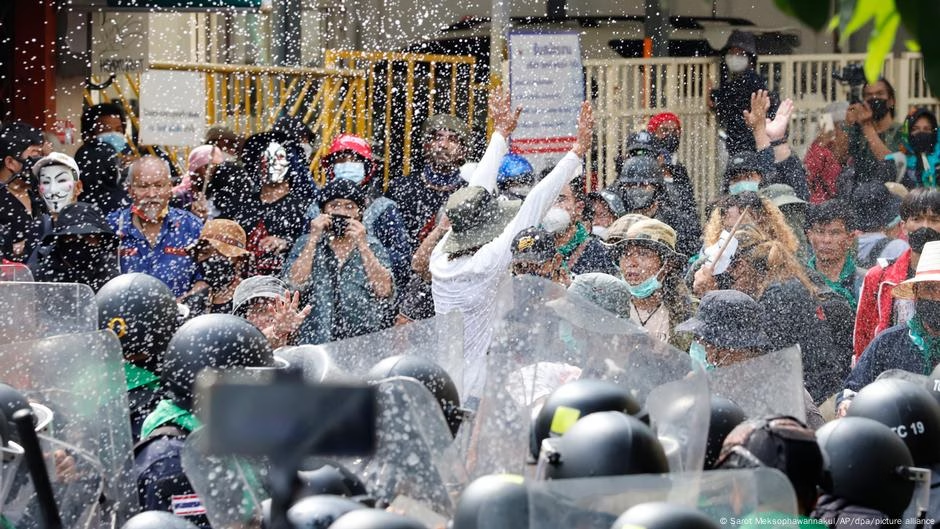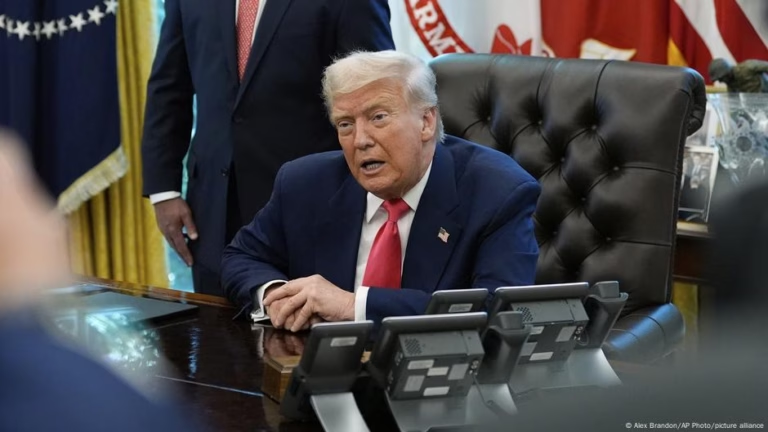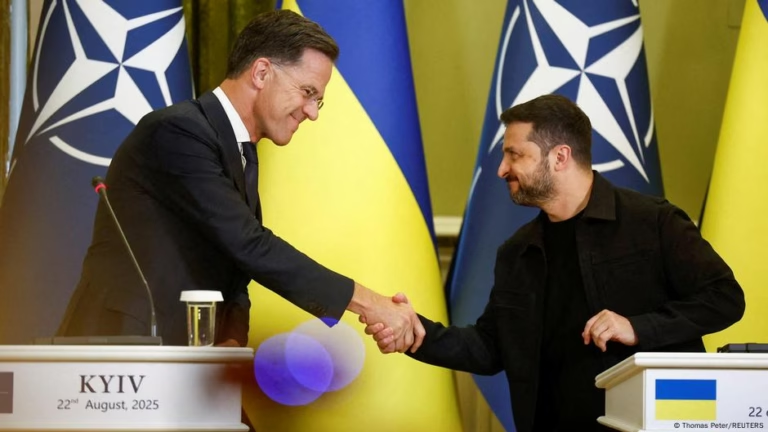Lim Kimya was killed shortly after arriving in Bangkok, adding to a series of violent incidents targeting migrants in Thailand. Human rights organizations criticize the forced return of Uyghurs as contrary to international laws, exposing Thailand’s fraught record on protecting individuals from persecution and torture.
Thailand’s close ties with its neighbors and particular link to the Cambodian government has drawn criticism, as seen in the alleged involvement of Prime Minister Hun Sen in Lim Kimya’s murder. Despite these, Thailand is now a member of the UN Human Rights Council, which could lead to increased scrutiny and potential for the Thai government to improve its human rights policies.
However, the participation in the UNHRC doesn’t obligate Thailand to enact specific actions, leaving uncertain how it will address transnational repression, while offering an opportunity for leadership in promoting refugees’ rights.
Human rights advocates argue that the danger faced by dissidents and political exiles are exacerbated by the strong ties between regional governments and a lack of accountability for violence against refugees. The situation in Southeast Asia presents a grim outlook for dissidents and refugees seeking safety.
The Thai Police Commissioner claims the killing of Lim Kimya was not politically motivated, a claim disputed by activists pointing to the political nature of the assassination.
The climate for dissidents and political activists in the region remains hostile, with incidents of forced disappearance and murder going unpunished, further casting doubt on the safety of Southeast Asia as a sanctuary for those fleeing persecution.

